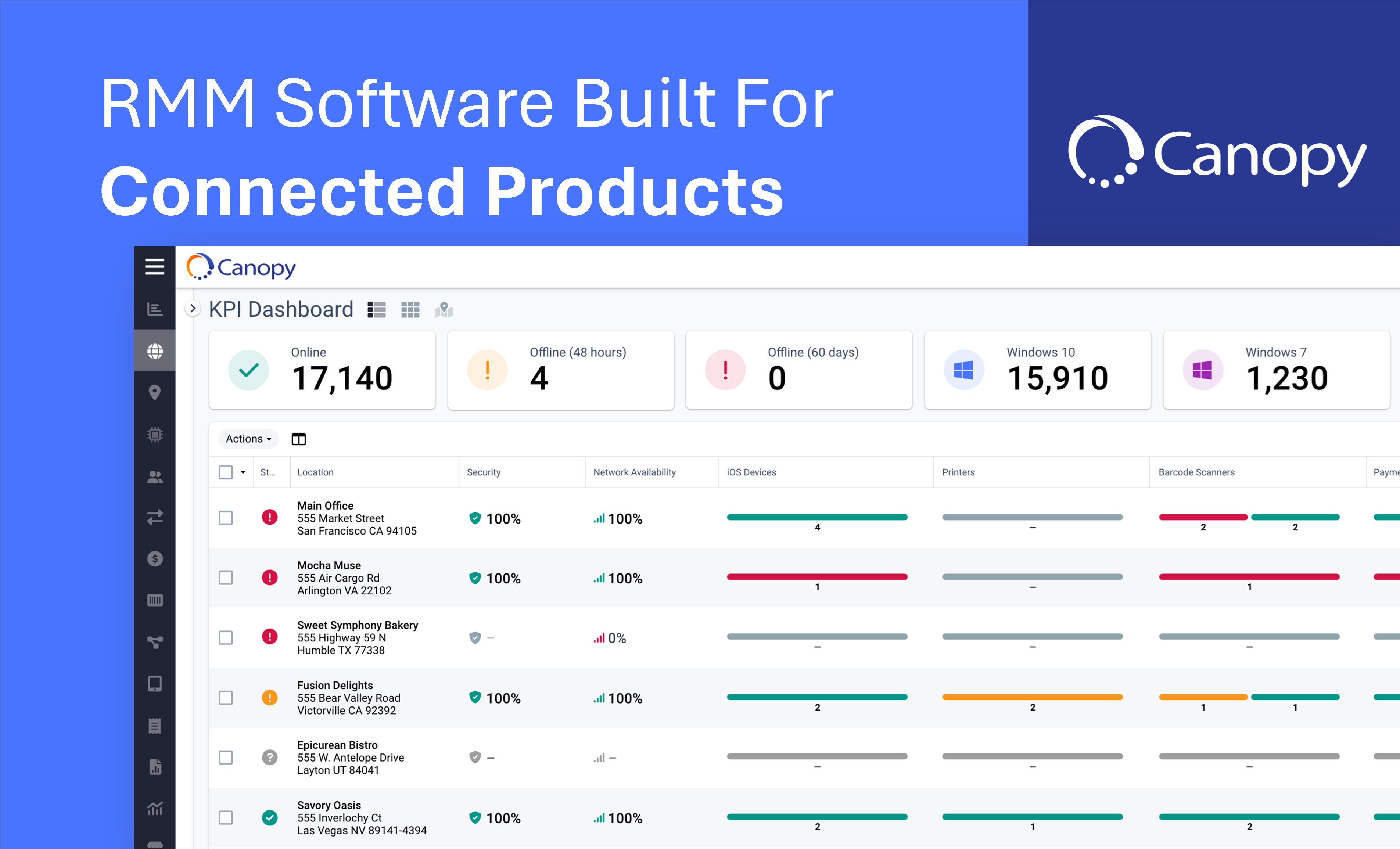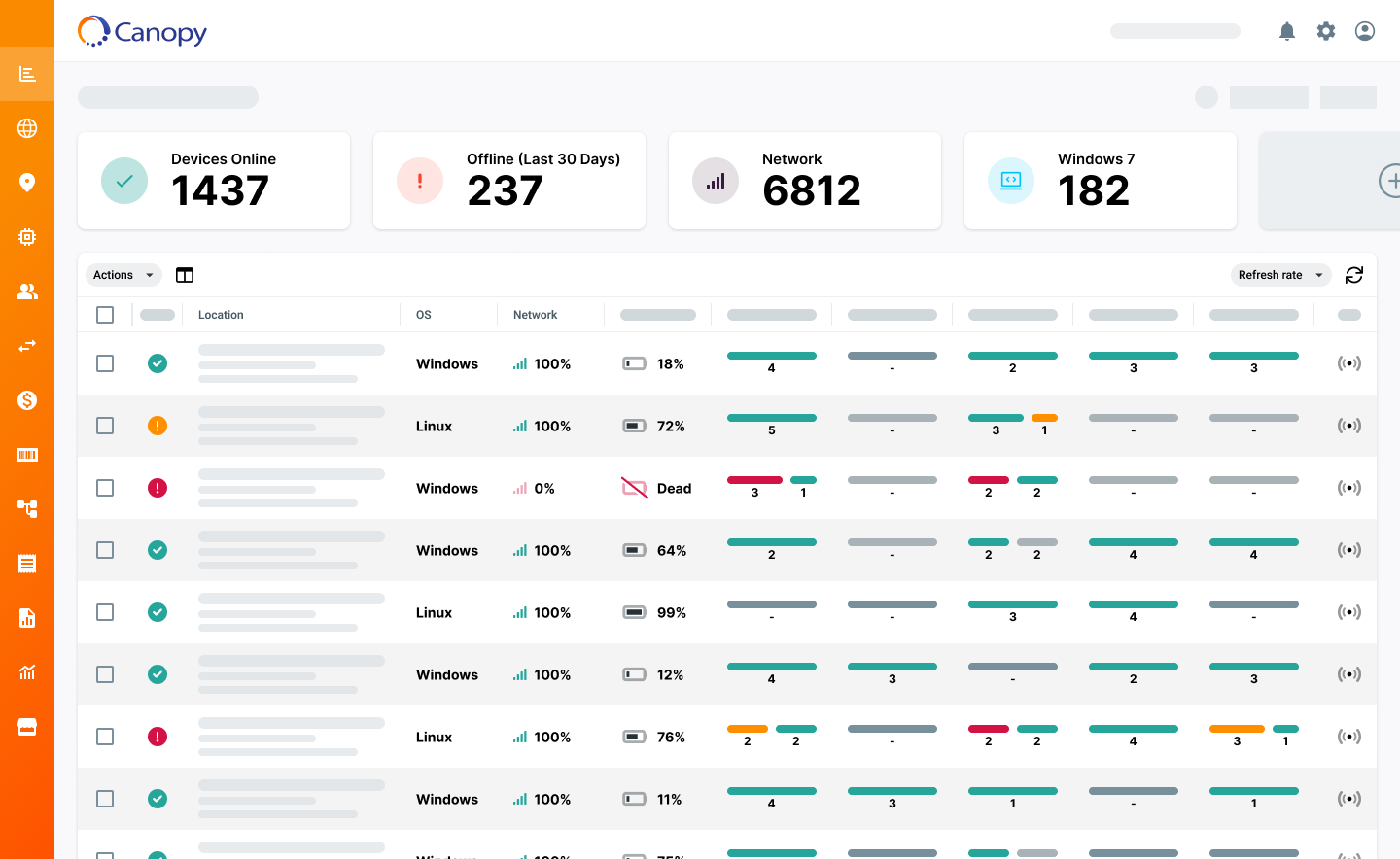3 Ways for Systems Integrators to Close More Business in 2023
Here are some of the top ways these businesses can grow in 2023 and tips for how to pursue and manage new clients.

February 1, 2023 - The U.S. market for systems integration is expected to continue to grow in the coming year as businesses adopt more digital services and features to match consumer and internal demands.
From hardware to infrastructure and software, scaling potential for systems integrators appears guaranteed. But how should systems integrators keep up? Here are some of the top ways these businesses can grow in 2023 and tips for how to pursue and manage new clients.
1. Digital Priorities
As the systems integration market expands nationally new digital technologies will have to be a priority for businesses if they want to seize the opportunity to scale. According to Forbes, as customer demands change, the ability to drive growth will depend not just on technology but on a mindset shift and a reimagining of business models.
Driving systems integration growth is the number of applications not only available, but increasingly necessary for a wide variety of business types to thrive. The use of Internet of Things (IOT) and cloud technology is on the rise. Users also want to manage multiple tasks simultaneously over one server. As these new technologies become available and more and more applications are added to networks, integration becomes vital to manage demand.
The growing need for 5G-enabled ecosystems is also fueling growth and helping to lessen the complexity of systems.
Fortunately, there are a number of ways for systems integrators to prepare for and push forward on their growth strategies by keeping key tactics and tips in mind.
2. Basic Tactics
The basic tactics for any successful business growth strategy will always include doing good work, developing strong sales processes, increasing average spend per customer and winning new engagements.
But there is ripe opportunity to think big picture, anticipating that clients will need an increasing variety of technology management and services. Also important is making sure that teams have the right combination of expertise, going beyond product features to include systems and processes. Systems integrators won’t just consult on one piece of technology, but offer guidance on whole solutions that advance a client’s business goals.
Looking at where systems integrators will see revenue, generally three buckets emerge including infrastructure integration, software integration and consulting. Many are pivoting to a service model as well and that is proving both timely and lucrative. To capitalize, here are some of the industry’s best tips.
3. Tips to Improve Sales
- Build repeatable expertise – Optimize operational efficiencies and develop expertise in invaluable technologies such as ERP or CRM and build processes that allow for repeatable offerings.
- Create efficient processes – Just because systems integrators know how to systemize a software implantation does not mean that all their processes are efficient enough to handle all areas of business. It is important to keep and eye out for any inefficiencies in internal processes, from HR metrics and KPIs to sales training. Automate low-level processes where possible but keep human oversight intact.
- Turn projects into programs – Can an internal plan be created that defines processes, workflows, workforce needs and other elements that could be drawn together to create a repeatable program? Instead of one-off projects, begin to create programs. Once a program has been created for one client it can be standardized for more clients.
- Hone consulting skills – As companies get serious about digital, they need experienced consultants to guide them through cloud, data migration, application modernization and more. All signs point to 2023 being the year for developing a consulting practice. Big-name integrators have developed standard operating procedures they can plug and play into nearly every complex organization.
- Develop in-depth expertise – Select a few targeted verticals for a consulting practice that can differentiate you and earn you more business. Systems integrators that are consistently successful have expertise in multiple specific vertical markets.
- Try a pilot program – Pivoting to an as-a-service model does not have to happen instantly. Provide a pilot program that plays to the systems integration businesses’ most obvious strengths and test it out until the model becomes seamless.
Finding a Solid Partner
To ensure the greatest success with scaling a systems integration business, find a solid partner that can help your business manage complex technology ecosystems so that your clients always feel secure. Canopy is the ideal remote monitoring and management tool for systems integrators because the platform is often more flexible than competitors and accustomed to managing all types of networks and systems. Canopy can accommodate a wide variety of technology for monitoring and is a strong remote management and monitoring tool as well.
If you would like to learn more about the Canopy platform, we would love to hear from you. You can contact us or schedule a free demo to get started right away.













